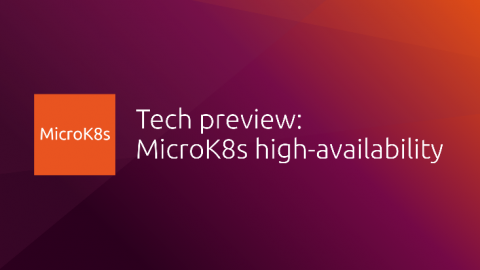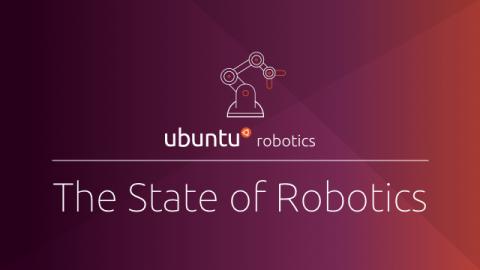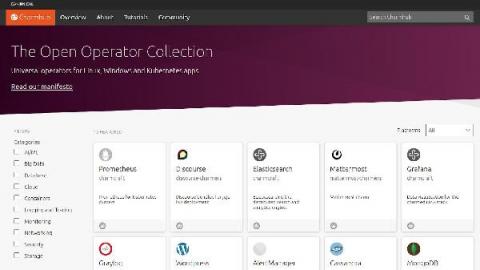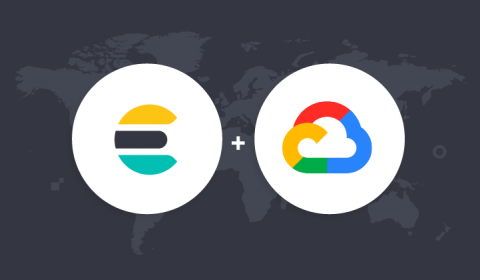MicroK8s HA tech preview is now available
High availability (HA) for MicroK8s, the lightweight Kubernetes, is now available as a tech preview for Linux, Windows and macOS. The Kubernetes control plane can now be distributed across multiple nodes, bringing resiliency to the cluster while maintaining a low footprint using Dqlite, the distributed SQL engine as the Kubernetes datastore.











